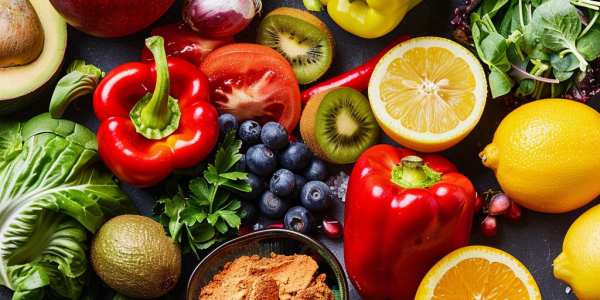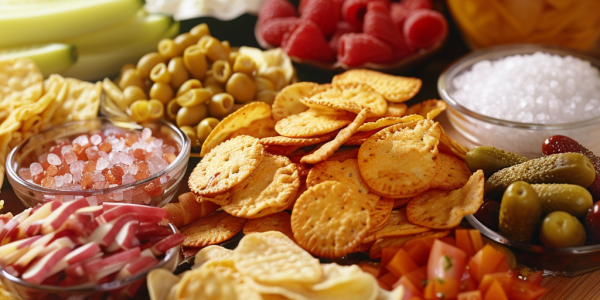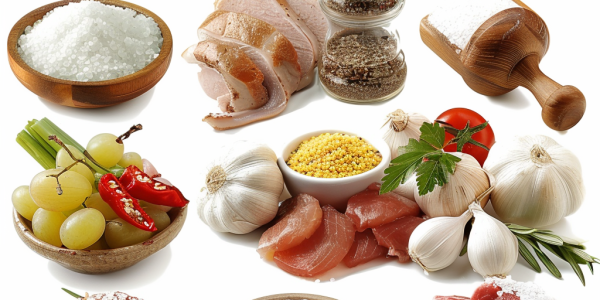High-Salt Diets Linked to Increased Risk of Eczema, Study Finds
Recent research suggests a potential link between high-salt diets and an increased risk of developing eczema, also known as atopic dermatitis. A study found that for every 1-gram increase in daily sodium excretion, the odds of eczema flare-ups increased by 22%. High salt intake was associated with an 11% higher risk of severe eczema, while following recommended guidelines reduced the risk by 12%. Reducing dietary sodium intake could be a cost-effective intervention for managing eczema, according to researchers.
Study Finds Link Between Salt Consumption and Stomach Cancer Risk
A recent study from 2024 suggests a potential link between salt consumption and stomach cancer development. Individuals who regularly added salt to their food were found to be 40% more likely to develop certain types of stomach cancers. Despite some limitations, the findings emphasize the importance of monitoring salt intake for overall health and well-being.
High Salt Consumption and Hypertension Leading to 10,000 Daily Deaths in WHO European Region
Cardiovascular diseases are claiming the lives of 10,000 people every day in the WHO European Region, with men being more frequently affected than women. A recent report from WHO/Europe has highlighted the alarming levels of salt consumption and uncontrolled high blood pressure contributing to this health crisis. Implementing targeted policies to reduce salt intake by 25% could potentially save around 900,000 lives from CVDs by 2030.
Navigating the Salt Debate: Balancing Flavor and Health
Learn about the relationship between salt consumption and health, including the risks of hypertension and the importance of moderation. Discover how balancing salt intake can improve overall well-being and reduce cardiovascular health risks.
FDA Updates Nutrition Facts Label to Help Consumers Monitor Sodium Intake
The U.S. Food and Drug Administration (FDA) has updated the Nutrition Facts label for packaged foods to provide clearer information about sodium content. Over 70% of dietary sodium comes from packaged and prepared foods, contributing to health issues like high blood pressure. Consumers can use the label’s Daily Value (DV) for sodium to make informed food choices and manage their sodium intake. Specific food categories, such as deli meat sandwiches and pizza, contribute to a significant portion of sodium consumption. By being mindful of their food choices, consumers can take proactive steps to reduce their sodium intake and make healthier dietary decisions.
Revolutionary Insights into Water Molecule Behavior
A recent study by researchers from the University of Cambridge and the Max Planck Institute for Polymer Research has revealed groundbreaking insights into the behavior of water molecules, sparking a remarkable shift from conventional knowledge. This discovery is poised to…






